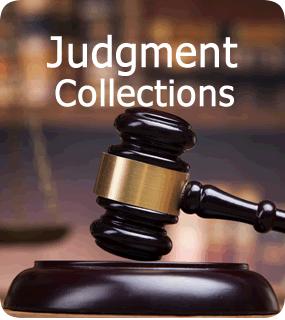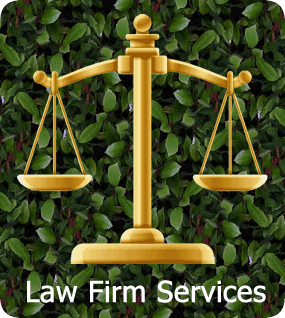Look Before You Sue
Author : IRS Collections
Published on: July 10, 2021

Look Before You Sue
Too many people assume if they sue a debtor company, and-or individual and get a Judgment, that they will automatically get paid. In many cases people will sue blind, without knowing the exact financial situation a debtor is in. Some people let their emotions take over and ignore one simple question: If the debtor doesn't pay the Judgment voluntarily, then what?
When calculating the costs of suing a debtor it is essential to assume that further actions (costs) will be required to actually collect on your Judgement. There are also other pre-judgment costs, such as process serving and pre-judgment garnishees when suing in BC. A general goal when suing is to try to keep your legal costs below 10% of the amount owed.
Also, the dollar amount of the debt you are pursuing will dictate what legal tools you can use to extract money from the debtor. It is no use suing a debtor where the legal costs to recover your Judgment are worth more than the Judgment itself. Always be wary of throwing good money after bad.
Limited Companies - No Personal Guarantees
When collecting off a limited company where there are no personal guarantees, time is your biggest enemy. Don't kid yourself, the debtor company directors are well aware their company is in a downward spiral and the following pattern will occur. They will keep the secured creditors and creditors who have personal guarantees happy. They then sporadically pay their unsecured creditors. Money that would normally go to the unsecured creditors and suppliers is used to reduce any personal liability.
To further increase the risk of a write off the directors can turn around and sell the assets of the company. There are ways to overturn a sale but they can be extremely expensive to pursue. Most unsecured creditors will drop off at this stage as the amount they are owed does not justify the costs.
It doesn't take a long time to liquidate the assets of a company while a limited company stalls you out in court. By the time you get a Judgment the well is dry and you end up dealing with a receiver or trustee.
Large Balance Commercial - Consumer Debt
Let's be realistic. When it comes to collecting mid 5 figure and above balances the odds are legal action may be required to extract your money. There is also the question of the financial situation of the debtor company and-or individuals. The ideal solution is to have the debtor pay without having to go
legal.
At this point the best weapon you can get is a collection agency like In-House Receivable Services. We research the debtors and get an overall snapshot of their financial situation and identify any levers that can be used to encourage voluntary payment. Then we make that first call.
We use different legal tools to improve your position, secure payment and avoid extra legal costs. For example: We may arrange for a payment schedule with the debtor secured by a Consent Judgment. We have the debtor complete the necessary paper work and then hold the Consent Judgment in abeyance. As long as the debtor makes payments as agreed we do not act on the Consent Judgment. However, if the debtor defaults, we simply file the Consent Judgment without having to go through all the steps normally involved when getting a Judgment.
We have people in our legal department with 20 and 30 years of experience so we can pretty well cover any situation we run into. Our seasoned collectors with decades of experience use Indemnity Agreements, Wage Assignments, Directions to Pay, Undertakings, Mortgages, PPSA Agreements and numerous other types of agreements to better secure your position, while compelling the debtor to meet his obligations.
As a rule, the larger the debt, the more sophisticated the debtor. Sophisticated serial debtors know the ropes and how to hide and convey assets and money. We have skip tracers with decades of experience in tracking debtors and hidden assets. In debt collection, having the right information can leverage fast payment.
How We Operate
In-House Receivable Services collects debt on a contingency basis, based on the age and amount being collected. Basically, we don't get paid unless you get paid. Our contingency collections include our skip tracing, research and asset tracking services at no additional cost.
On any account listed with a balance over $1,000 our Clients receive an update within 7 days from the actual collector handling the account. By this point we will have completed our research and contacted the debtor. The reason we have our collectors personally update our Clients is because they know the exact details of where your account is at.
If a debtor refuses to pay, our collector will be able to provide the legal options to recoup your money. Every account has different logistics based on the age of the debt and the amount owed. If we don't think an account is worth pursuing through legal channels, we will tell you why.
We also specialize in collecting Judgment files and account receivables for Law Firms in BC and Alberta. Many Law Firms also rely on us for our skip tracing services. Our people understand the civil court systems and know what information is relevant to collect an account.
Conclusion
Whether you are using a collection agency, or suing an account on your own, it is advisable to factor in projected legal costs should the debtor not pay voluntarily once Judgment is obtained. Your legal strategy should be based on facts, not emotions. This is particularly true with large balance commercial or consumer debt.
We are in weird economic times and timing can be everything when it comes to debt collection. One of the biggest mistakes Creditors make is to procrastinate and hope the situation resolves itself.


